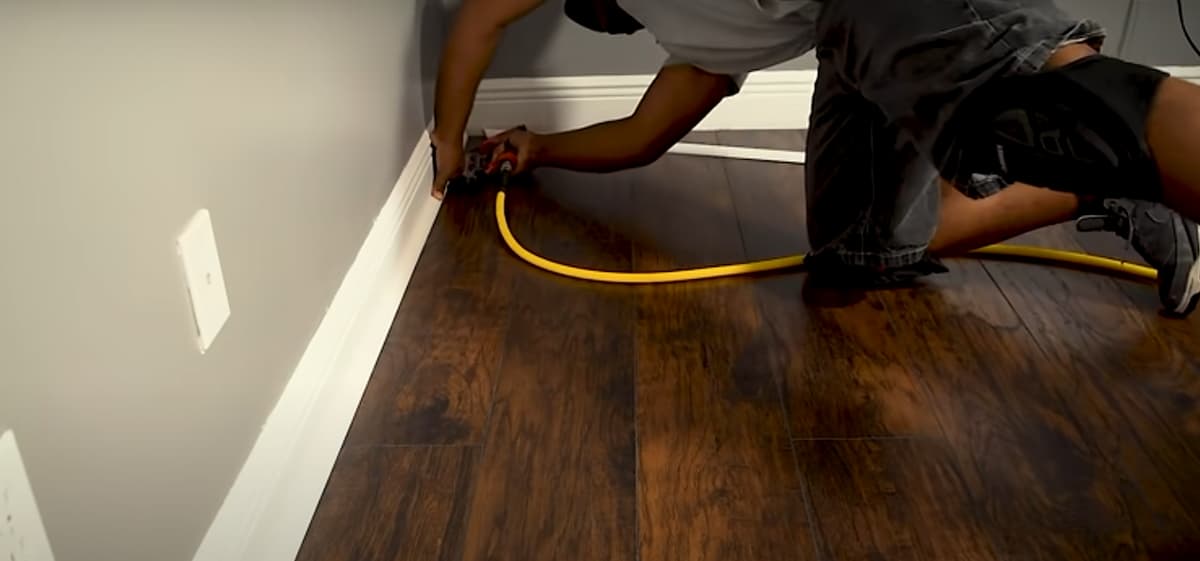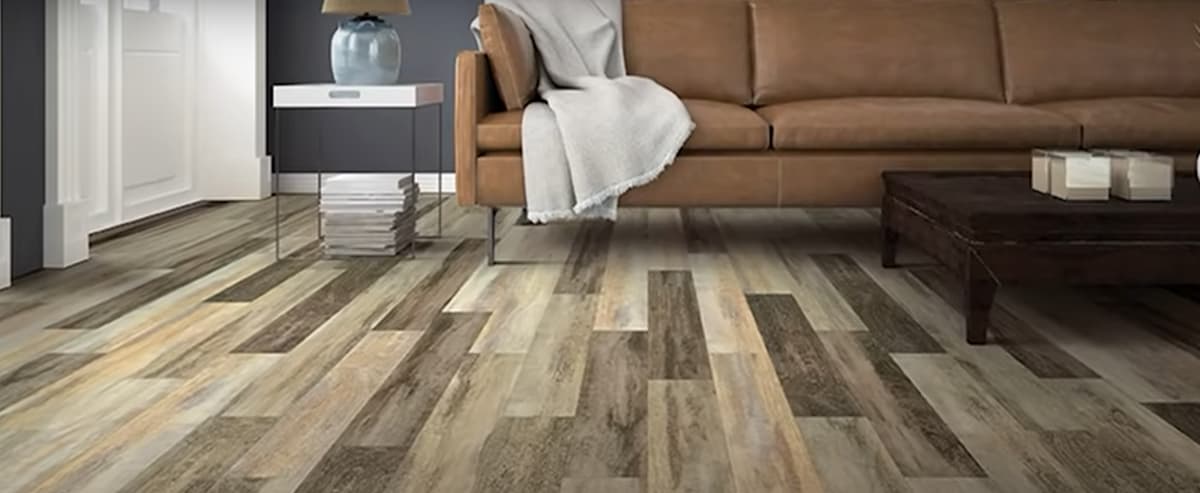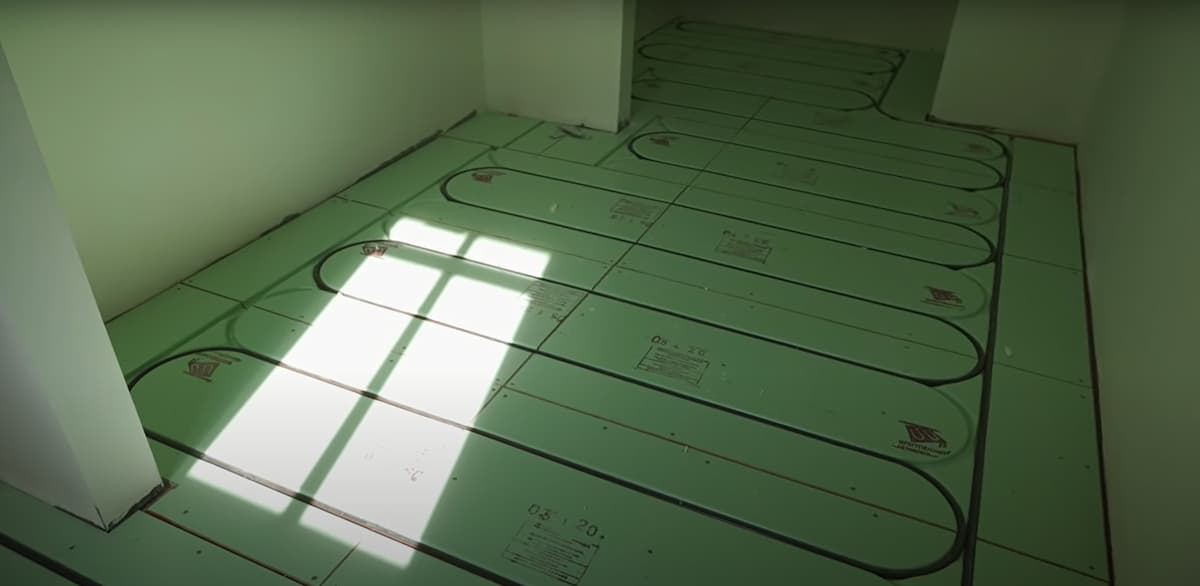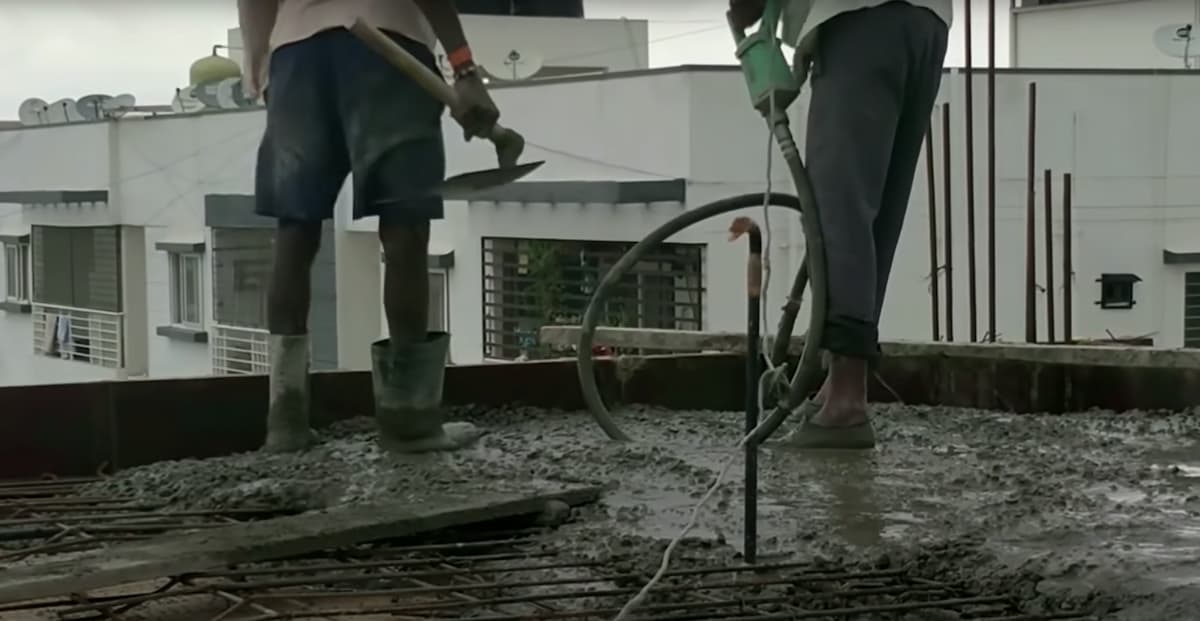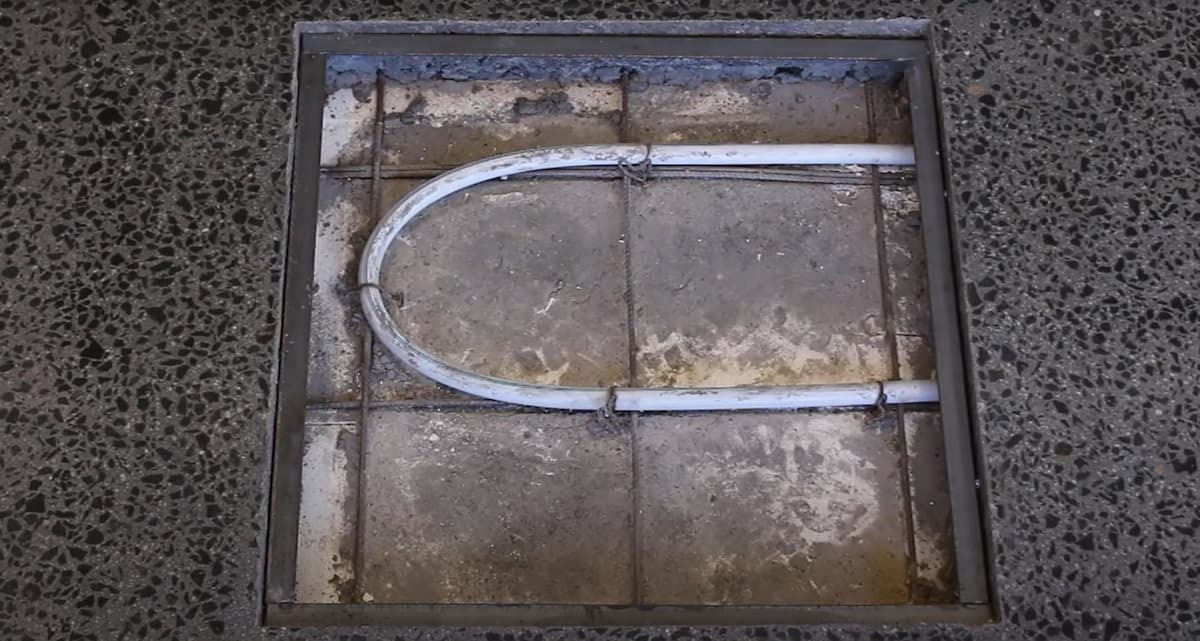
Hydronic heating is becoming increasingly popular in Australia as the running expenses are up to 40% lower than ducted heating or underfloor heating choices. When it is cold outside, a hydronic heating system’s heat may seem heavenly. However, when you are about to pay for it, does the heat feel as nice? Continue reading to discover whether this answer is yes or no. The first question to ask yourself is what type of heating system you want. Ducted heating may require ducts to be installed in your ceiling which can be expensive if the ceiling has been previously insulated and drywalled.
If you opt for an underfloor heating system, it may require a lot of preparation such as removing carpet and floor tiles before the installation process begins. This may not seem like much at first, but it can become tiresome when you have to do this for each room in your house. Hydronic heating is far easier than these two choices because all that needs to be done is an electric water heater and a hydronic heating panel fitted into your cupboard or onto the wall – no drywall damage or carpet removal required.
Hydronic heating is also known as Hydronics and consists of a combined system of central heating and hot water heating which can be boiled by either electric or gas water heaters. The heat for this hydronic heating is transferred to the room using pipes under the floor or in the ceiling or sometimes both, but it can also be done via radiators located inside your home. The advantage of hydronic heating over traditional systems is that there are no air ducts required, thus it may keep your home free from dust particles that are harmful to asthma sufferers.
What are Hydronic Heating Systems?
A hydronic heating system heats a space using water. The water is heated in a boiler and carried by pipes to one of the following systems, wall, or underfloor. Natural gas or LPG is most often used to heat the water, but solid fuel is sometimes used instead. The water is heated within the boiler when it reaches a certain temperature, and it then travels through the pipes until it has been reheated. It returns to the boiler to be reheated because it is still warm when it recirculates. A gas boiler with the help of a fan that blows air into it removes dust from its burners then sends the clean air out through the vents to your home.
Hydronic Heating Prices
Expect to pay between $1300 and $1600 for each radiator, including installation, when retrofitting a hydronic heating system. Because there is only one radiator in each room, the price would be between $5200 and $6400 if you retrofit four rooms. The pipes are generally put beneath the house, with minimal wall damage. If you have a slab, fitting wall panels may be more difficult because some repairs may be required to the walls.
The underfloor hydronic heating system costs approximately $65m2. The cost of the system, as well as installation, would be around $10,400 in a 160m2 home. However, the price of the boiler is not included. Screed hydronic heating is more expensive than other types of hydronic systems. The pipes are first laid and then concrete is poured over them. Screed hydronic heating costs around $103m2 and does not include the boiler in the price.
Hydronic Heating Installation Costs
Installing a hydronic heating system costs between $2500 and $3000, not including installation expenses. According to some estimates, installing a wall-mounted system takes around 12 hours and costs between $695 and $875 in labour, with a total cost of $3470 to $4200 for a new house. The price is for a brand new home, but retrofitting an existing hydronic heating system may be more expensive due to the extra labour needed.
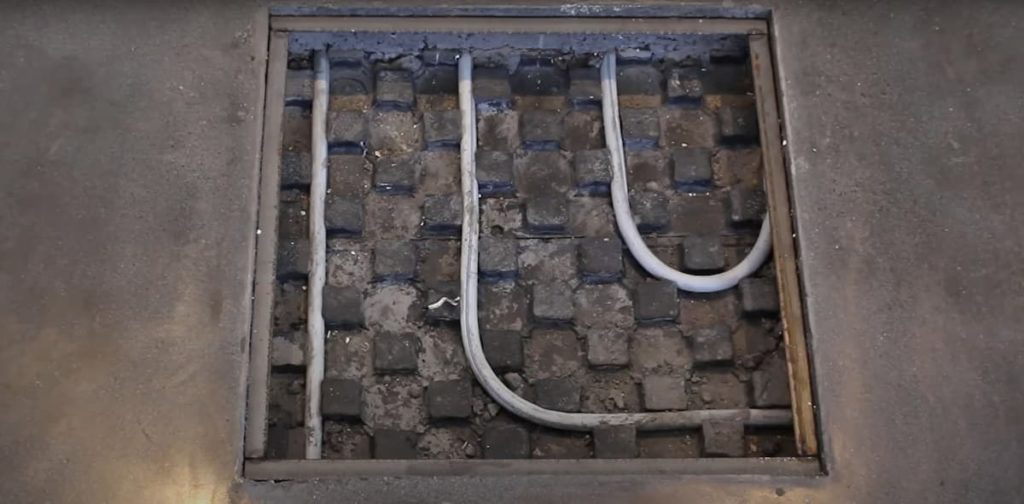
Hydronic Heating Running Costs
Hydronic heating systems are less expensive to operate than other types of heaters. According to certain calculations, hydronic heating systems are 35 per cent more cost-effective than ducted systems. The expenses of various sorts of heaters, on the other hand, may not be that much greater. In a medium-sized house of around 160m2, the following running costs may be expected:
- For a 3 Star system, it costs $1375 for gas ducted (3 Star) or $1045 for a 6 Star system.
- For a 2 Star reverse cycle air conditioning, it costs $1295 or $835 for a 5 Star system
- For hydronic heating, the costs are $1045 to $1255
Although a hydronic heating system does not have a Star rating, the information indicates that installing a gas ducted or reverse cycle system may save you money.
These are typical fees, and they don’t take into account how long a heater is used. A hydronic system can be left on all day, and the running costs could be lower than those of ducted or reverse cycle air conditioning. It could also be mentioned that cooling a system using reverse cycle air conditioning is more expensive than heating it. Hydronic systems are less expensive to cool than gas ducted or reverse cycle systems, but the money saved could be taken over timed periods and the number of hours the system is in use.
Hydronic Heating Installation Cost
The cost to install hydronic heating in each home varies considerably. Because each house is unique, the total expenditure for installation may vary. The following are some of the most significant elements that affect how much does it cost to install hydronic heating systems:
- Are you putting hydronic heating in a new house that is being constructed?
- Are you upgrading your home’s HVAC system with hydronic heating as part of a remodelling project?
The majority of homeowners are unaware that the level of access to the underfloor or wall cavity influences how quickly your contractor can install your radiators in an ideal position.
Hydronic Heating Cost
A reverse cycle air conditioning system costs between $5,000 and $7,000. Air conditioner installers charge between $60 and $110 per hour, plus any extra labour needed to install a reverse cycle air conditioning system. Even though wall-mounted split systems are less expensive to buy, they take significantly longer to build than ducted reverse cycle air conditioning systems.
Another disadvantage of hydronic systems is that they are more expensive to install than other heating technologies. When you consider the long guarantee period, however, they may be less expensive to operate in the long run than another system with a 10-year warranty. If a pipe bursts, water damage might occur in a hydronic heating system, nevertheless, it happens seldom.
Hydronic Heating System Cost
If you want to renovate your property, it’s usually simpler in new homes because pipes may be installed before concrete is poured or floors are laid if the pipes may emerge from below. Similarly, where pipework may travel within walls, it may be more convenient and cost-effective to install before plaster is applied.
When it comes to installing hydronic heating in existing houses, there are no guarantees that your costs may always overrun. Pipework may be run on exterior walls or beneath the floor if access is available underneath, depending on the demands. If this isn’t feasible, plaster patch-ups or floorboard removal might be required, and these could be included in your budget.


